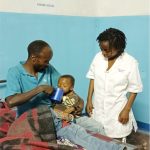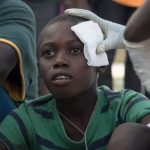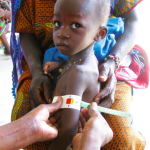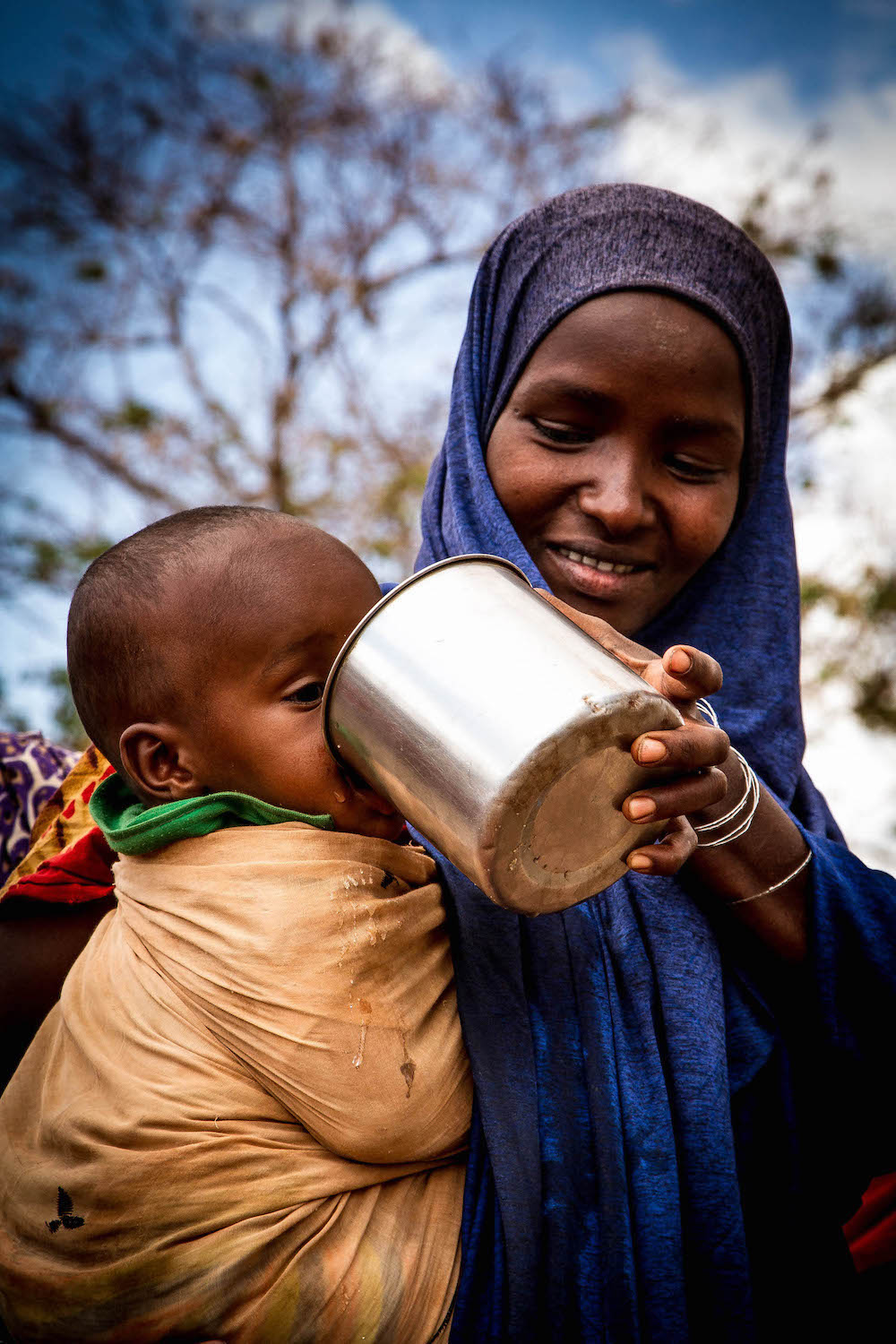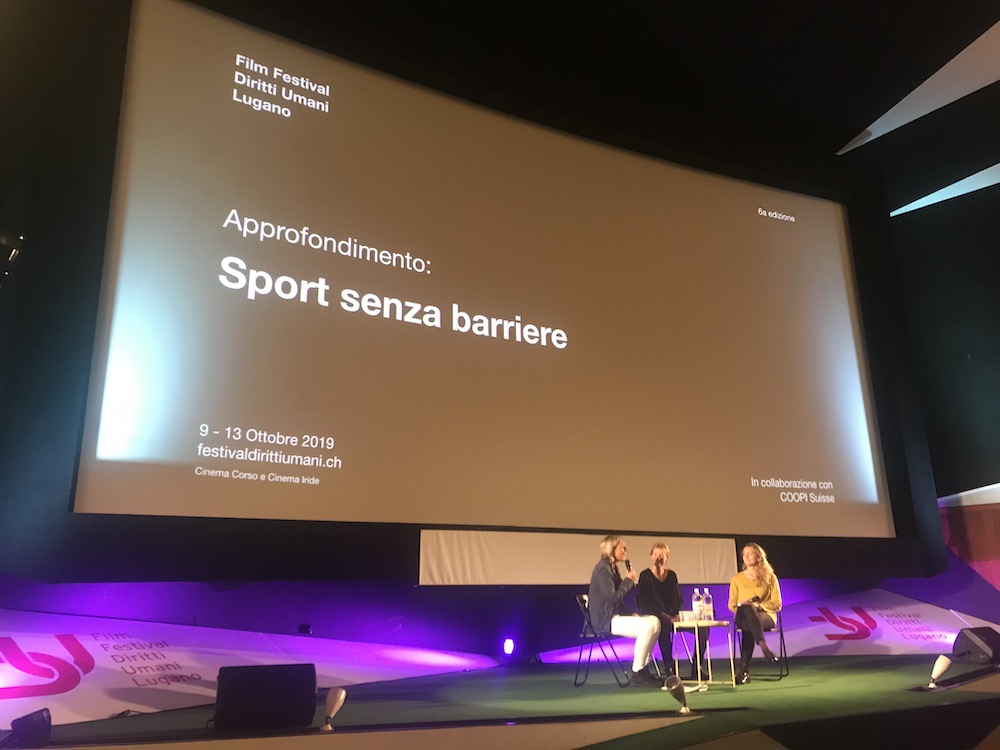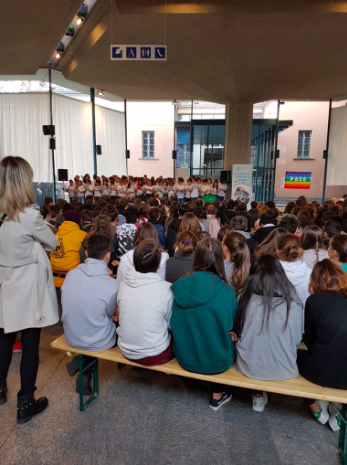RAISED: € %RAISED%
Land and agriculture, the real wealth for Nigerian women
The intervention was aimed at women living in the rural areas of Soucoucoutane and Dogonkiria, in the Dosso region, with little chance of economic development and therefore exposed to a greater risk of food insecurity. The goal was to improve their socio-economic conditions and those of their families.
We wanted to guarantee them adequate training to acquire specific skills in agricultural production. In such a way they were able to optimize their crops, increase profits and improve the quality of their lives and that of their children. The improvement of the socio-economic conditions of the female population represents a fundamental aspect in fighting malnutrition.
COOPI Suisse has supported two awareness-raising campaigns on the issues of food and health education. One provided 10 encounters in schools with students and the other provided 10 meetings on the same topics addressed to the group of women who participated in the other activities of the project.
Correct health practices promoted among the campaigns have been:
- Nutrition: the importance of a diversified diet, the consumption of raw and cooked foods, food preservation methods;
- Hygiene: body, hands, food, water, the environment and clothing;
- Breastfeeding: its importance and high nutritional value, advantages, frequency and specific correct practices;
- Quality complementary nutrition for children aged between 6 to 24 months: which foods to use, how to alternate them for a balanced daily diet, how to cook food.
Food education and good hygiene practices are essential aspects when preventing and treating malnutrition. In particular, the improvement of sanitary habits, such as simply washing hands greatly reduces the risk of infectious diseases, such as diarrhoea and other parasital infestations, which if left untreated lead to malnutrition. Promoting changes in breastfeeding practices for infants is just as simple as it is important for fighting malnutrition. In fact, in this region, local culture does not give importance to breastfeeding and, in many cases, women are discouraged from doing so.
By improving habits and promoting behavioural change among the beneficiaries, the risk of infectious diseases, nutritional deficiencies and other factors that can lead to malnutrition is reduced.
The direct beneficiaries of the project were 3.420 students and 1.079 women
The indirect beneficiaries are the populations of Soucoucoutane and Dogonkiria, or 22.000 people.
COOPI Suisse implemented the activity directly in coordination with the counterparties and identified stakeholders.
Duration of the project: September 2018 – October 2018
The project was carried out thanks to the support of the donors of COOPI Suisse.






